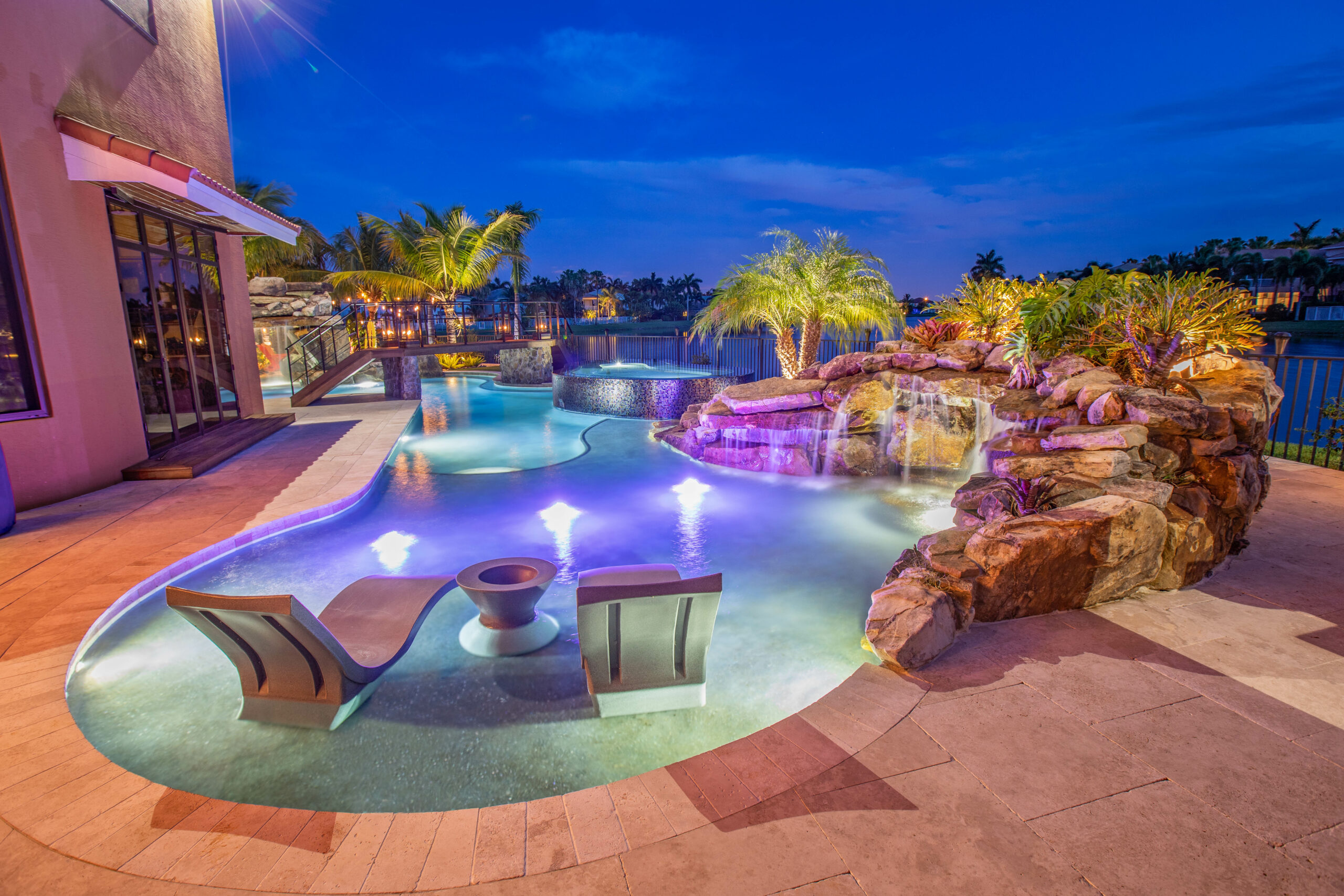Adapting to Hybrid Work Models with Smart Office SolutionsAdapting to Hybrid Work Models with Smart Office Solutions
Beginning
In the wake of the global pandemic, the traditional workplace has seen a significant transformation, with hybrid work models becoming the common approach for many organizations. This model combines remote and in-office working, offering flexibility that suits modern work preferences. However, managing office space effectively within this flexible working arrangement presents unique challenges, particularly when it comes to utilizing physical office spaces in a smart way. Smart office solutions have emerged as critical tools in addressing these challenges, providing the technological support needed to bridge the gap between remote and in-office work dynamics.
The Importance of Smart Office Solutions in Modern Work Environments
Smart office solutions refer to the integration of innovative systems and tools designed to streamline office management and enhance the workplace experience. These solutions are particularly relevant in hybrid work environments, where managing when and where employees work can become complex. By leveraging smart technologies, companies can create a more adaptive workspace that supports various working preferences and schedules.
Core Technologies in Smart Office Solutions
Desk Booking Systems
One of the cornerstone technologies of the smart office is the automated desk booking system. These systems allow employees to book workspace ahead of time or upon arrival, ensuring they have a place to work when they choose to come into the office. An important benefit of such systems is their ability to manage office space more optimally—minimizing wasted space and adapting to the real-time needs of the workforce. A Desk Management Solution, for instance, offers an intuitive interface where employees can see which desks are available in real-time, book their preferred desk, and even find out where their co-workers are seated.
Meeting Room Management
Efficient management of meeting spaces is another critical aspect of
. Room booking systems help coordinate meeting rooms based on availability and specific meeting requirements. These room booking systems are often integrated with corporate calendars, enabling workers to book meeting rooms directly through the platforms they already use for scheduling their workdays. Features like real-time availability updates and automated cancellation policies help enhance room utilization and minimize the incidence of employees not showing up
Analytics for Space Optimization
Another important feature of intelligent space management is the use of analytics to assess and optimize the use of office spaces. FlowAnalytics provides detailed data on how different areas of the office are used, helping managers make the right decisions about space planning. This tool collects data from various sensors and booking systems to get insights into peak usage times, underutilized workspaces, and the effectiveness of current office layouts. Such analytics are invaluable for companies looking to tailor their office environments to actual usage patterns, thereby increasing efficiency and reducing operational costs.
Benefits of Smart Office Solutions in Hybrid Work Environments
Improved Flexibility
Smart office solutions provide employees with the option to decide how often and when they want to work from the office. This adaptability can significantly enhance job satisfaction, as employees can balance both personal and professional responsibilities more effectively. Moreover, the ability to choose an office space that meets their needs on any given day—whether it’s a quiet desk for better concentration or a collaborative space for team projects—can lead to greater productivity and engagement.
Improved Efficiency
Intelligent space management tools automate a lot of aspects of office management, from desk reservations to room bookings, which traditionally required manual intervention. This automation not only reduces the administrative workload on staff but also ensures that the available spaces are used as efficiently as possible. For example, if a meeting room booking is not confirmed via a check-in system within a specific time, the reservation can be automatically canceled, allowing others to book the room. Such features prevent the waste of resources and make sure that the available facilities are fully utilized.
Making Data-Driven Decisions
The data you get from
empower companies to make informed decisions about their office space and resource allocations. By analyzing the actual usage patterns, companies can optimize their office spaces to better fit the needs of their hybrid employees. This might include cutting down on the overall office footprint, thus cutting down on real estate costs, or reconfiguring spaces to accommodate more collaborative work areas as opposed to individual desks. In essence, the insights provided by these technologies help companies to create more enjoyable work environments.
Final Thoughts
As companies continue to navigate the complexities of integrating hybrid work models, the role of data-driven decisions facilitated by smart office solutions becomes increasingly apparent. These smart technologies offer the tools needed to manage flexible work arrangements effectively, making sure that both workers and management can get the benefits of both remote and in-office work settings. By adopting smart office solutions, companies are not only investing in the efficiency of their operations but also in the well-being and productivity of their workforce, positioning themselves for success in the evolving landscape of work.
